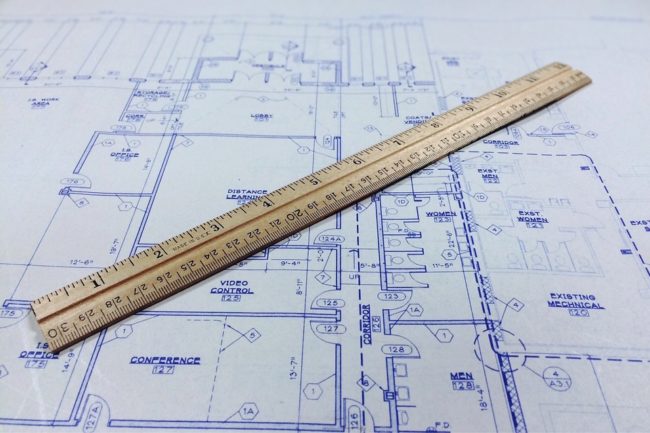Even if your planning permission is rejected, there are still numerous different alternative routes you can take to ensure your project can still become a reality; including resubmission of your application and initiating an appeal on your rejection. Getting a refusal for a project can leave your spirits low, however this does not mean that you should give up on your development plans entirely.
Through this guide, Premier Lofts will be taking you some of the next best things to do when your planning permission application has been rejected.
Why was my application rejected in the first place?

There can be any number of reasons as to why your planning permission has been rejected. When considering your next move after a rejection, it’s important to consider the reasons why this particular planning permission was rejected, and factor this in to any future applications.
Below is a list of some of the main reasons why your application for planning permission could be rejected:
- Your project would have an impact on the natural environment (e.g. trees).
- Your project involves hazardous, and therefore dangerous, materials.
- Your project would have an impact on the neighbouring buildings (e.g. restricts light coming into the neighbouring building’s windows).
- Your project would cause obstructions on the public roads.
Whilst these are some of the major reasons why an application can be rejected, there are many other causes for rejection, all of which you should be made aware of before trying to continue your pursuit for planning permission. If these issues can be rectified, you may stand a chance of getting your planning permission accepted the next time you apply for it.
How to get my application accepted after facing a rejection?

Once you have established all of the reasons why your planning permission was rejected in the first place, you can now start to rectify your application to make it more likely to be accepted the next time around. By taking out any components to the project that impede on such issues as those mentioned in the bullet points above, your application may now stand a much greater chance at being accepted.
If you are unsure how to remove these qualities from your application effectively, getting advice from a professional. Getting advise from someone experienced in the field can be of tremendous help when unsure of the next step to take in your quest for planning permission. It can also help you to gain a better chance of success in your application, by having it looked over by an experienced professional in the field who has a greater understanding of the application process.
In addition to taking these actions mentioned above, you can also try to effectively reject the rejection by launching an appeal. It is worth noting this action should only ever be taken when you feel completely confident in the knowledge that the rejection of your application is unfair, and you have a high chance of winning the appeal.
For more informative pieces on everything related to property development, please click here.



